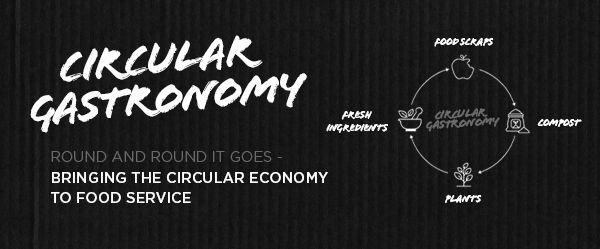
Sustainability and the circular economy concept are seriously on trend. But how can we implement these principles in the food service industry? The association Circular Gastronomy Switzerland is committed to promoting sustainable and environmentally friendly practices in the HoReCa sector, and has many clever ideas up its sleeve. Circular economy principles are applicable not only to the preparation of food: they mean conserving resources and reducing waste wherever possible – from using digital menus to growing herbs in your own compost and introducing reusable takeaway containers. Circular gastronomy is truly revolutionising food service!
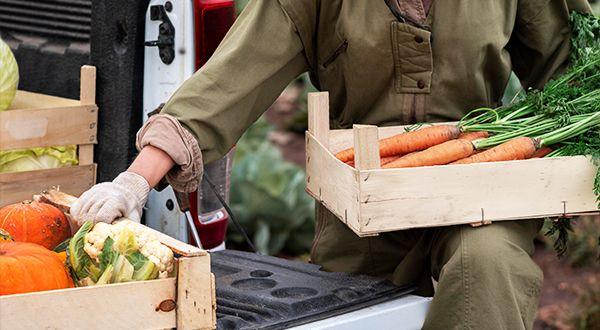
What is circular gastronomy?
Circular gastronomy is based on the principles of the circular economy. It’s about keeping food waste to a minimum, sourcing sustainable ingredients, and ensuring day-to-day operations are as efficient and environmentally friendly as possible. For example, circular gastronomy promotes composting, supports local supply chains, and implements energy-saving measures. But there are also plenty of opportunities to think more circular when shopping, cleaning, in the kitchen and working front of house. The association Circular Gastronomy Switzerland is collecting ideas on its website for ways to further this concept. Suggestions come from various sources, including restaurants, experts in sustainability and environmental protection, and members of the association itself. The goal is to eventually produce a handbook for the entire sector.
Benefits of circular gastronomy
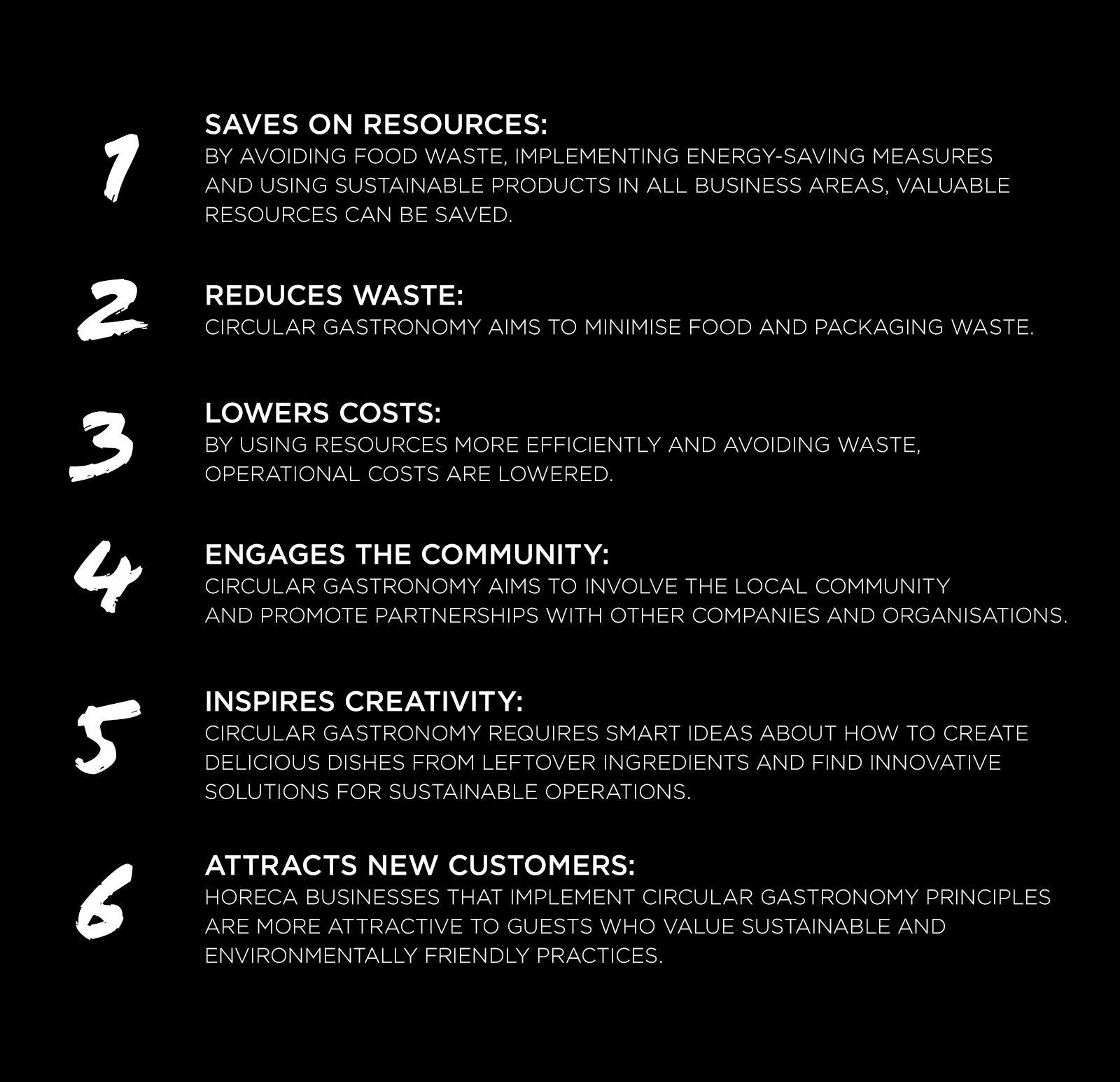
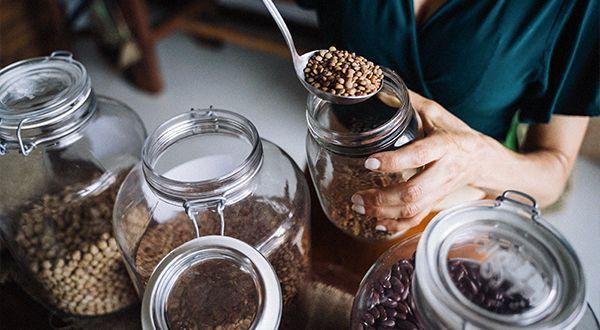
Examples of circular gastronomy practices
Circular gastronomy is a movement that everyone working in the food service industry can participate in. Wondering how you can support the movement and implement these principles in your own business? First of all, remember that no one expects perfection from day one and every little step helps. Here are a few suggestions to get you started:
Nose-to-tail cooking: Nose-to-tail cooking means preparing every part of an animal, not just the finest cuts. For example, bones can be used to make a delicious stock.
Upcycling food scraps: Instead of throwing away food scraps, you can transform them into delicious dishes. Vegetable leftovers, for example, can be used in soups or stews.
Composting: Kitchen waste can either be composted in a restaurant’s garden or sent to a local biogas plant to generate green electricity.
Working with nature: Prioritise seasonal, regional and vegan dishes in order to minimise your carbon footprint.
Sourcing sustainably: It makes sense to co-operate with other businesses when sourcing produce so as to minimise the number of journeys required. Local suppliers and electric vehicles should also be favoured.
Reducing packaging waste: Bulk packaging and unpackaged products reduce waste at the point of purchase.
Using sustainable cutlery & decor: The use of reusable takeaway containers, crockery and cutlery made from recycled materials, and decorative elements from sustainable sources also support the movement.
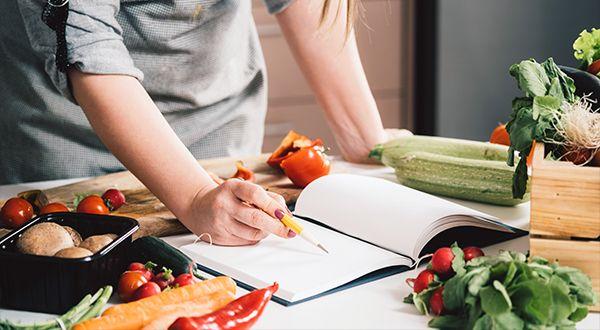
The bottom line
Circular gastronomy is the future of food service. By implementing the innovative circular economy concept in the HoReCa sector, we can help protect the climate and save the planet while also lowering costs. If we all reduce and reuse waste while managing resources efficiently, we can create a more sustainable and liveable future. Everyone can do their part and every little step counts. If you are looking for more inspiration or want to submit your own ideas, then head over to circular-gastronomy.ch.

